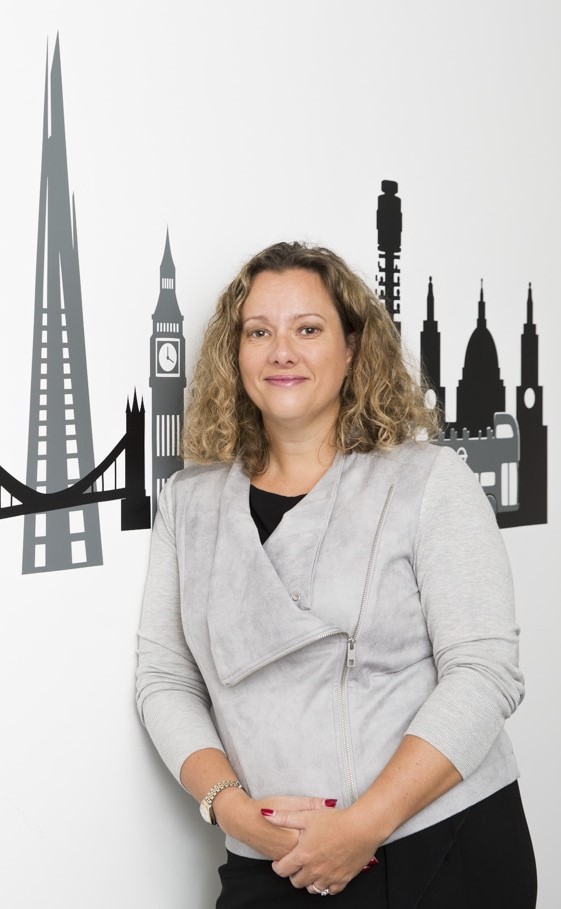
By Karen Holden, CEO of A City Law Firm
Law was traditionally a male-dominated industry but in 1919 the Sex Disqualification (Removal) Act was passed paving the way for change. For the first time in history women were legally allowed to practice as solicitors and barristers in England.
Since the act was passed the number of women in Law has notably increased. Today women now make up 50.1% of the 139,624 practising legal certificate holders. Over the last 100 years woman have made revolutionary steps towards equality, however, I believe there is still a long way to go to establish the level of women in senior roles in law firms.
Changing perceptions
A major step is changing archaic preconceptions of what a top lawyer looks like. I handle a considerable amount of work for international clients and senior male businessmen yet despite, being the CEO of my own company, I am still undermined due to my sex. I have been asked countless times if “The owner of the business can attend”, had officials request that “They send a man next time” and even specifically been asked by clients to “Only have a man represent me”.
Starting families
A large part of the issue is often linked to whether women choose to start families. Pregnancy and maternity are characteristics that should be protected under The Sex Discrimination Act 1975 and the Equality Act 2010.Therefore, women shouldn’t feel anxious that motherhood could hinder their chances of promotion into senior roles. However, unfortunately the reality is I had to leave my high-profile job at an international law firm due to the negative reception I received when considering starting my own family.
This was the very reason I set up A City Law Firm. I never wanted anyone to feel becoming a parent could potentially jeopardise their career progression, so it was crucial that I created an environment where employee’s development would not be affected by this.
Flexible working
I believe flexible working can help tackle this problem head on. This is not something that is offered by all law firms and it should be pushed further in the UK generally as well as within the legal profession. This would enable more women to seek higher roles, knowing they can still have families if they choose. Men should also be encouraged to explore flexible working patterns and arrangements so childcare is not assumed for women to handle alone. If we are to establish equality this should be a shared role as is the case in many Scandinavian countries. This would ultimately result in mother’s having more time to focus on their own careers.
Be seen and heard
I strongly encourage more women to speak at events and stand out. We need to be at the forefront of important conversations, inspiring other women and reiterating the image of what a top lawyer looks like. I’m often the only female panelist to talk at investment events so it is clear to me that visibility is key and there currently is not enough of it.
Not long ago I was awarded the Freedom of the City, yet at Guild events they assume it is my husband who is the freeman and instead approach him to enter into conversation. It is apparent that women are a rarity in this scene and a lady from the judiciary (a Freeman of over 40 years) whom I recently met expressed how very few women were permitted to these events and although she was pleased to see it changing, progression is still far too slow. I agreed that for change to occur more rapidly women need to be disruptive and assertive in the city.
Although over the last 100 years women have had an immense impact to our society and workforce making huge steps towards equality, there is still a long way to go. I believe that if the above steps are implemented within the Legal landscape we will see a significant reduction in the gender parity issues, especially with senior roles in the workplace.








